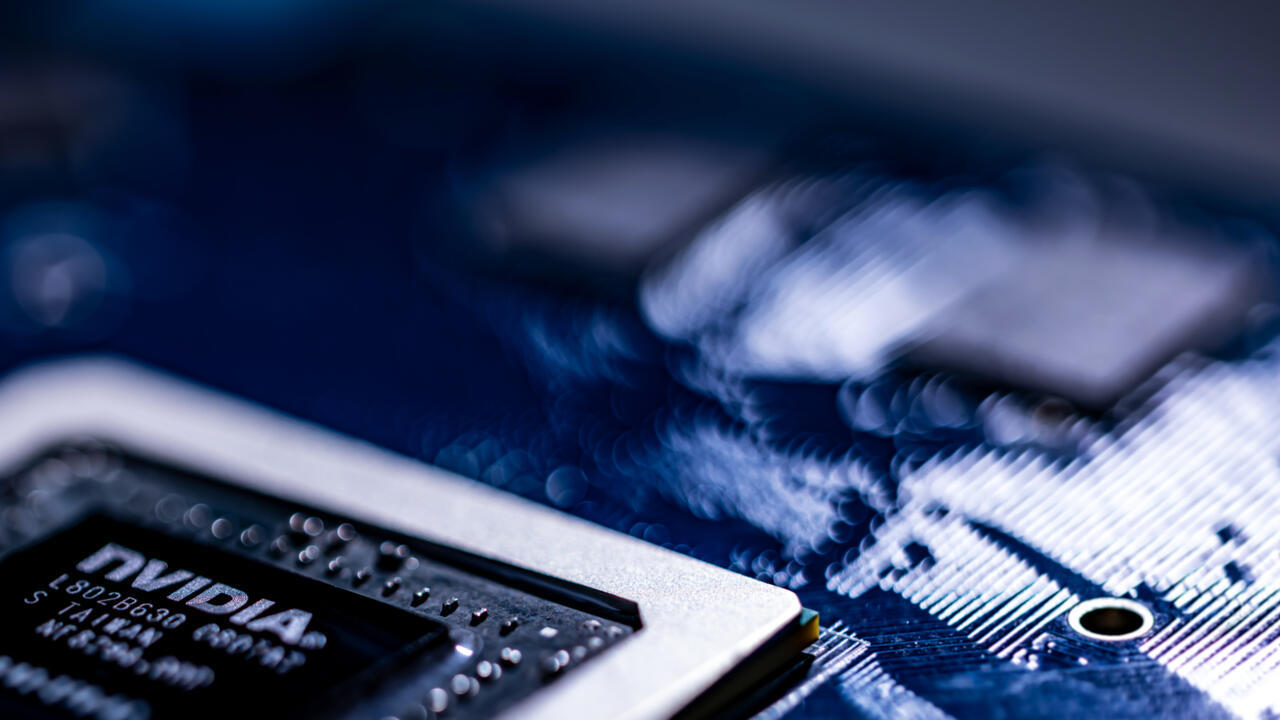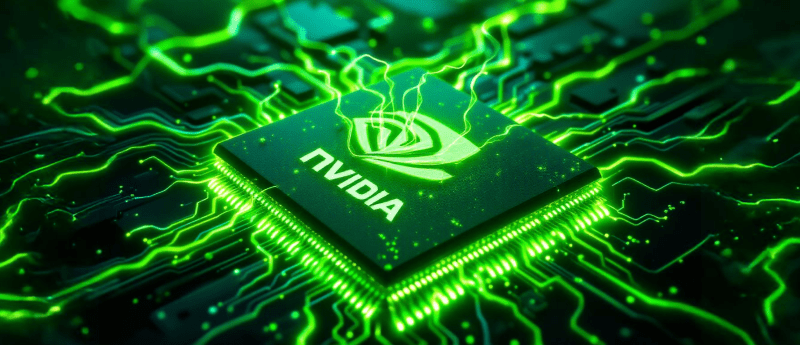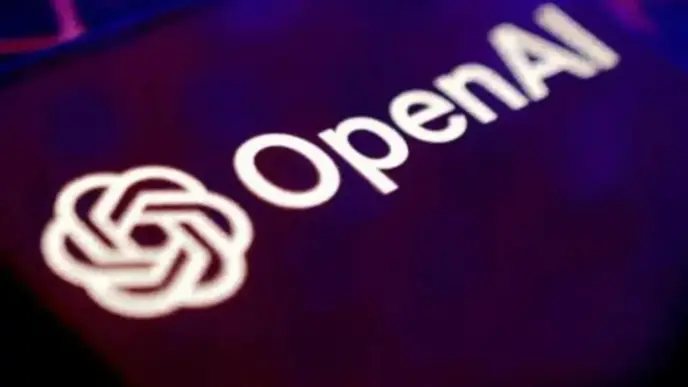Nvidia’s dominance in the artificial intelligence (AI) chip market is increasingly attracting challengers, but experts suggest the California-based firm is unlikely to relinquish its lead anytime soon.
Once little-known outside tech circles, Nvidia has become the central player in the AI revolution, with its graphics processing units (GPUs) driving applications like ChatGPT and other generative AI platforms. Its revenues have surged, making it one of the world’s most profitable chipmakers.
Nvidia’s strength lies in its decades of experience in GPUs, beginning in the late 1990s, and in its integrated “three-headed” approach, combining chip design with networking infrastructure and software solutions.
This allows the company to meet diverse data centre needs, creating a powerful ecosystem that competitors struggle to match.
Analysts estimate Nvidia holds roughly 80 per cent of the AI GPU market.

Competitors such as AMD lag, with most of their revenue still derived from CPUs, which are less effective for AI workloads.
Major cloud providers are also developing in-house alternatives: Google’s Tensor Processing Unit (TPU) and Amazon Web Services’ Trainium chip aim to reduce reliance on Nvidia.
Google even offers its chips to third parties, while Amazon keeps Trainium exclusive.
China is racing to catch up, with firms such as Huawei, Baidu, and Alibaba investing in AI chips, although US export restrictions limit access to advanced fabrication technologies.
Analysts suggest China may eventually develop state-of-the-art production capabilities thanks to its skilled workforce and government support, but technical parity with Nvidia remains years away.
Despite emerging competition, Nvidia continues to expand its lead.
Analysts note the company supports most AI applications worldwide and consistently launches new products, including its upcoming Rubin generation, expected in late 2026 to deliver performance 7.5 times greater than its current flagship, Blackwell.


 Trending
Trending 






